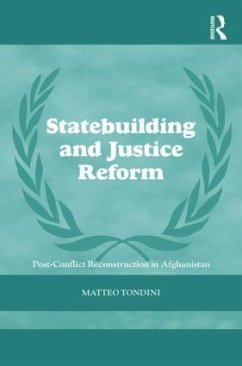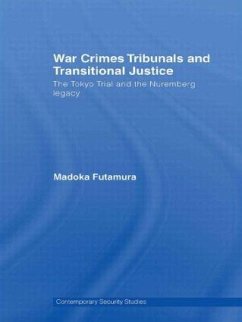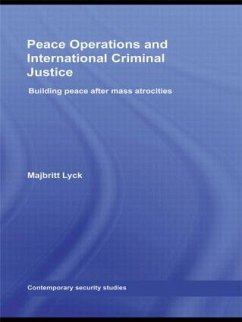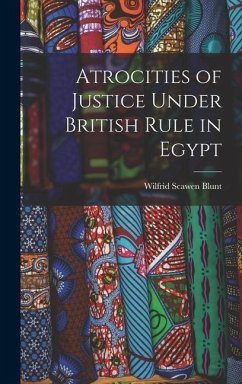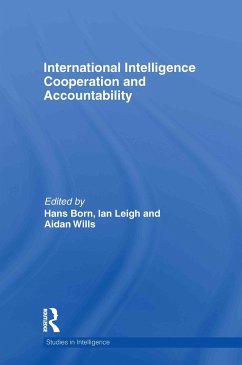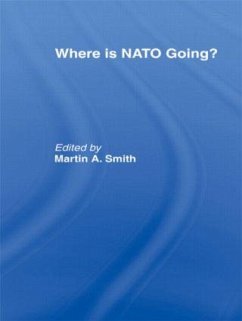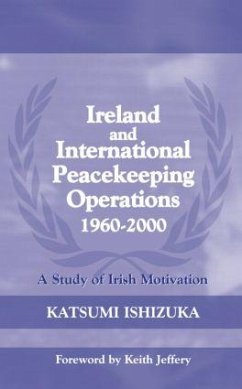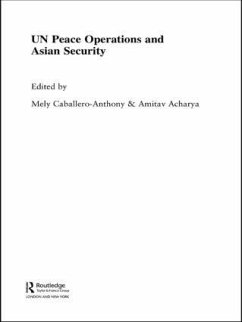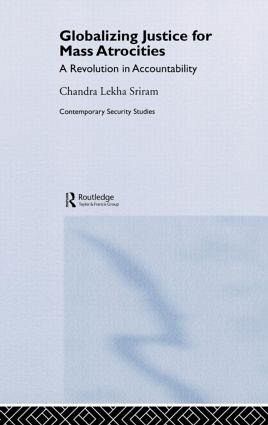
Globalizing Justice for Mass Atrocities
A Revolution in Accountability
Versandkostenfrei!
Versandfertig in 1-2 Wochen
168,99 €
inkl. MwSt.
Weitere Ausgaben:

PAYBACK Punkte
84 °P sammeln!
As trials for mass atrocities and human rights violations are increasingly common, whether in the international war crimes tribunals for the former Yugoslavia, in regional human rights courts, or through the exercise of universal jurisdiction in domestic courts, and can be considered with good reason as positive developments, there is however reason for caution, particularly with respect to the exercise of universal jurisdiction. This book examines the burgeoning practice of universal jurisdiction, as well as the broader phenomenon of" globalizing" justice, and the ramifications of developing ...
As trials for mass atrocities and human rights violations are increasingly common, whether in the international war crimes tribunals for the former Yugoslavia, in regional human rights courts, or through the exercise of universal jurisdiction in domestic courts, and can be considered with good reason as positive developments, there is however reason for caution, particularly with respect to the exercise of universal jurisdiction. This book examines the burgeoning practice of universal jurisdiction, as well as the broader phenomenon of" globalizing" justice, and the ramifications of developing practice. The author thus discerns three trends in developing jurisprudence: pure universal jurisdiction, universal jurisdiction"plus," and non-use. Theses parties in practice raise serious concerns as to the legitimacy and perceived legitimacy of such globalized justice whereas because it often takes place far from the locus of the crime and is thus externalized it may fail to achieve many of its putative goals The book then examines how alternative from of globalized justice, such as the use of mixed or hybrid tribunals or other methods whereby internationalized justice takes place in country, may rectify some of the problems identified and sets out to try this solution through the examples of Sierra Leone and East Timor. This book will be of much interest for scholars and practitioners of human rights, war crimes and transnational justice, as well as international relations in general.






